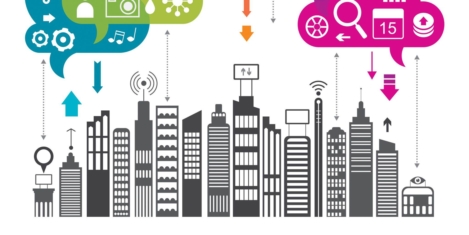To provide the best experiences, we use technologies like cookies to store and/or access device information. Consenting to these technologies will allow us to process data such as browsing behaviour or unique IDs on this site. Not consenting or withdrawing consent, may adversely affect certain features and functions.
The technical storage or access is strictly necessary for the legitimate purpose of enabling the use of a specific service explicitly requested by the subscriber or user, or for the sole purpose of carrying out the transmission of a communication over an electronic communications network.
The technical storage or access is necessary for the legitimate purpose of storing preferences that are not requested by the subscriber or user.
The technical storage or access that is used exclusively for statistical purposes.
The technical storage or access that is used exclusively for anonymous statistical purposes. Without a subpoena, voluntary compliance on the part of your Internet Service Provider, or additional records from a third party, information stored or retrieved for this purpose alone cannot usually be used to identify you.
The technical storage or access is required to create user profiles to send advertising, or to track the user on a website or across several websites for similar marketing purposes.
 More than half of the people in the UK classified as living in poverty are members of a working family. According to the Joseph Rowntree Foundation’s state of the nation report on poverty in the UK, poverty has risen for children and pensioners over the last five years. Although employment has increased, in-work poverty has also gone up because often people’s pay, hours, or both are not enough. More →
More than half of the people in the UK classified as living in poverty are members of a working family. According to the Joseph Rowntree Foundation’s state of the nation report on poverty in the UK, poverty has risen for children and pensioners over the last five years. Although employment has increased, in-work poverty has also gone up because often people’s pay, hours, or both are not enough. More →





 The UK’s ‘alternative workers’, comprising gig economy workers, freelancers and contractors, have cited lack of pay, benefits and job security as their most significant concerns in new research. Yet according to
The UK’s ‘alternative workers’, comprising gig economy workers, freelancers and contractors, have cited lack of pay, benefits and job security as their most significant concerns in new research. Yet according to 
 Policy makers should resist claims by Uber that its drivers fall into a middle ground between traditional employees and independent contractors, a new study says. The research report,
Policy makers should resist claims by Uber that its drivers fall into a middle ground between traditional employees and independent contractors, a new study says. The research report, 

























February 5, 2020
Bridging the gap between the reality and perception of engagement
by Callum Gill • Comment, Flexible working, Technology, Workplace